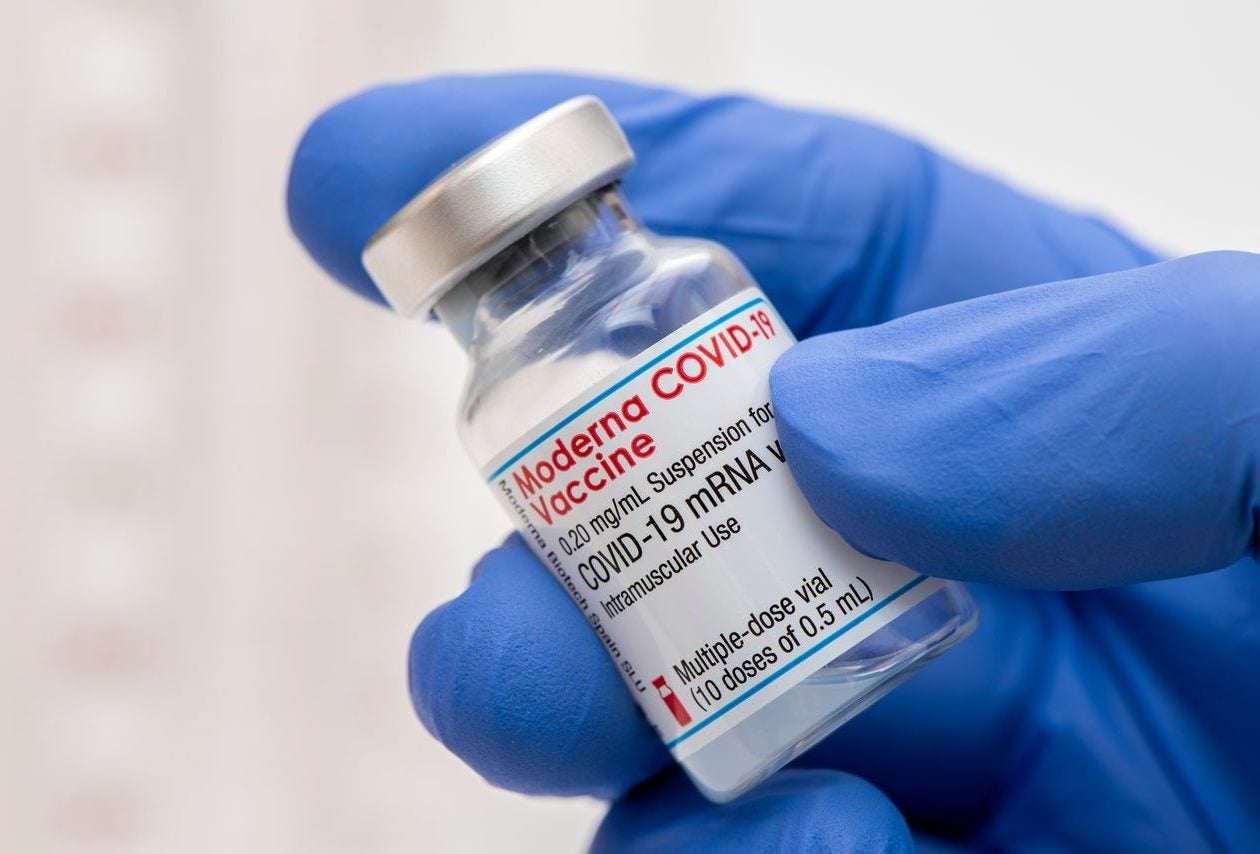FDA revokes EUAs of Pfizer/BioNTech’s and Moderna’s original Covid-19 vaccines
The use of these current vaccines is important from a public health perspective as they are likely to play a role in further containing the spread of Covid-19.

The FDA recently announced the expansion of the emergency use authorizations (EUAs) of both Pfizer/BioNTech’s and Moderna’s bivalent original/Omicron BA.4/5 Covid-19 messenger RNA (mRNA) vaccines. The expanded EUAs state that these current bivalent vaccines are now to be used for all primary and booster doses administered to individuals ages six months of age and older. As a result, the EUAs of the original monovalent mRNA vaccines developed by Pfizer/BioNTech and Moderna for the prevention of Covid-19 have been revoked, meaning they are no longer authorised for use in the US.
This decision was made to simplify the national vaccination schedule, which became confusing for individuals, including healthcare practitioners after multiple bivalent mRNA vaccines and the original monovalent vaccines were authorised for use by both vaccine developers. This led to a period of time when six mRNA vaccines, three from Pfizer/BioNTech and three from Moderna, were available in the US market. The EUAs for the bivalent original/Omicron BA.1 vaccines by both companies were revoked by the FDA in August 2022, after the BA.5 strain became dominant in the US, leaving four mRNA Covid-19 vaccines authorised for use.
Since the bivalent original/Omicron BA.4/5 vaccines are already authorised for patients aged six months and older and demonstrate higher efficacy and cross-neutralisation against the original and variant strains, the FDA’s decision to utilise them for all doses makes sense. It may also lead to an increase in the percentage of people who have received an updated “booster” vaccine and encourage future booster campaigns as the virus continues to evolve. While this ends the revenue stream for Pfizer and Moderna’s first mRNA vaccines, it promotes the use of their updated bivalent vaccines. The use of these current vaccines is important from a public health perspective as they are likely to play a role in further containing the spread of Covid-19 and speeding up the pace of reaching herd immunity.
Other Covid-19 vaccines authorised for use in the US include Johnson & Johnson’s Jcovden and Novavax’s Nuvaxovid, both of which are monovalent and only target the original strain. Novavax is currently developing a bivalent Omicron-specific vaccine with plans to commercialise the updated vaccine later this year. The FDA is likely to also revoke the EUA for Novavax’s original vaccine if sufficient and improved real-world efficacy data is obtained from the updated bivalent version.
There are currently 32 vaccines in Phase III late-stage development across the seven major markets (7MM). The majority of these are “updated” vaccines with efficacy against variants of concern (VOCs), while many have the potential to serve as universal “pan-coronavirus” vaccines. Novel late-stage pipeline vaccines include Arcturus Therapeutics’ self-amplifying mRNA vaccine (ARCT-154) and Bavarian Nordic’s capsid virus-like particle (cVLP) vaccine (ABNCoV2). More information regarding vaccination schedules and strain selection for the upcoming fall season is expected this June following a meeting of the FDA’s vaccine advisory committee.
What's Your Reaction?

































